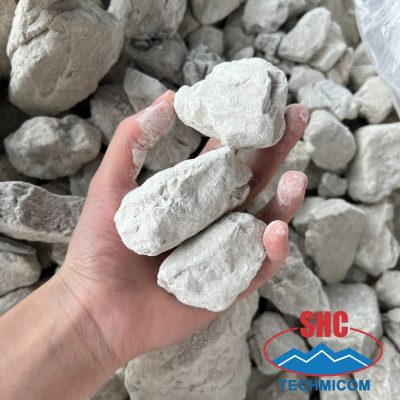No products in the cart.
Importance Of Lime In Cement
Day 05/12/2024
Importance of lime in cement has been for centuries, playing a crucial role in the development and strength of the material. Its importance lies in its ability to improve the workability and durability of concrete, as well as provide long-term benefits for construction projects. In this article, we will explore the significance of lime in cement and its impact on the overall performance of the material.
Enhancing the plasticity of cement
First and foremost, lime is essential for enhancing the plasticity of cement, allowing for easier handling and shaping of the material. This improved workability not only makes it easier for construction workers to pour and mold concrete but also results in a smoother and more uniform finish. The addition of lime helps reduce the water content needed in the concrete mix, which in turn decreases the risk of cracking and shrinking during the curing process. This ultimately contributes to the overall strength and durability of the concrete structure.

Lime for cement production
Acting as binding agent in cement
Furthermore, lime acts as a binding agent in cement, forming calcium silicate compounds that contribute to the strength and stability of the material. By promoting the formation of hydration products, such as calcium hydroxide and calcium silicate hydrate, lime helps increase the compressive strength of the concrete over time. This is crucial for ensuring the long-term performance and durability of construction projects, especially in high-stress environments or extreme weather conditions.

Cement bag
Offering environmental benefits
In addition to its role in improving the physical properties of concrete, lime also offers environmental benefits that make it an attractive choice for sustainable construction practices. Lime is a naturally occurring mineral that is abundant and easily accessible, making it a cost-effective and environmentally friendly alternative to other additives in cement production. Its low carbon footprint and minimal energy requirements make it a preferred choice for reducing the environmental impact of construction projects.
Mitigating the effects of alkali-silica reaction (ASR)
Moreover, lime plays a crucial role in mitigating the effects of alkali-silica reaction (ASR) in concrete, a common cause of deterioration and structural damage in buildings and infrastructure. By incorporating lime in cement mixes, the formation of expansive alkali-silica gel is inhibited, reducing the risk of cracking and spalling caused by internal pressure within the concrete. This ensures the long-term durability and performance of concrete structures, making them more resistant to the effects of external factors such as moisture, chemicals, and temperature fluctuations.

Cement procedure from lime
Final
In conclusion, the importance of lime in cement cannot be understated, as it plays a vital role in enhancing the workability, strength, and durability of concrete structures. By improving the plasticity of the material, promoting hydration reactions, and reducing the risk of alkali-silica reaction, lime contributes to the overall performance and longevity of construction projects. Its environmental benefits and cost-effectiveness make it an attractive choice for sustainable construction practices, further highlighting its significance in the development of modern infrastructure.


SHC GROUP VIETNAM – TECHMICOM is one of leading manufacturers of Hydrated Lime, Quick Lime in Southeast Asia and based in Vietnam. We have been supplying for almost the countries in Asia and others. Please contact us if you have any requirements about Hydrated Lime, we will support you with all our best!
Contact us for competitive quotation:
VIET NAM TECHNOLOGY MINERALS JSC – SHC GROUP
Mr. Leon Vu – International Sales Manager
WhatsApp: +84 936 306 698
Email: export5@shcgroup.vn







